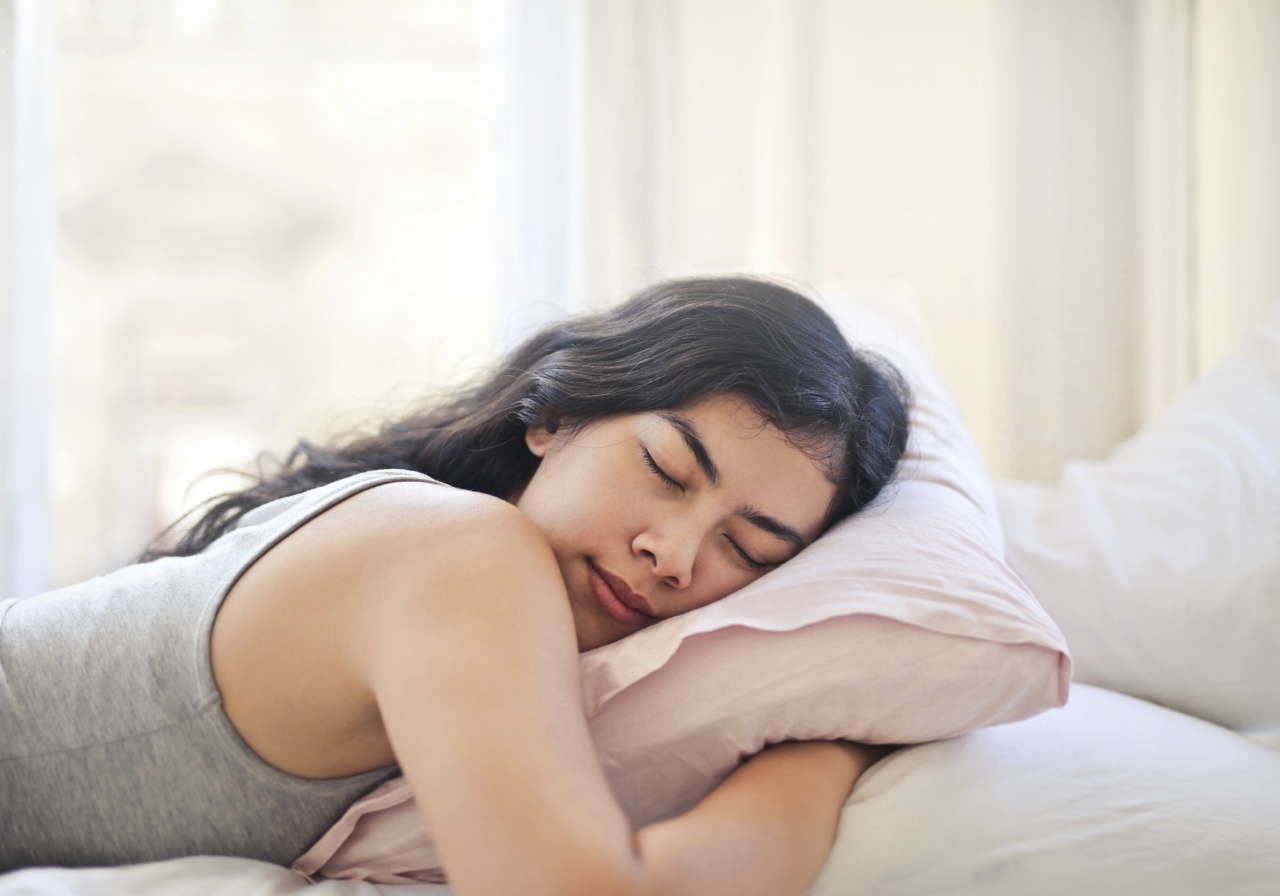Sleeping in a comfortable position is essential for getting a good night’s sleep. While some people prefer sleeping on their back or side, others prefer sleeping face down.
Sleeping face down is a prevalent sleeping position, but it can lead to spinal problems and affect your overall health. In this article, we will explain what happens to your spine when you sleep face down.
What is the Right Sleeping Position?
To understand the impact of sleeping face down, you need to know the ideal sleeping position. According to spine experts, the best sleeping position is on your back or side.
Sleeping on your back maintains a natural alignment of the spine, while sleeping on the side distributes the weight evenly across the body.
Why is Sleeping Face Down a Bad Idea?
When you sleep face down, your spine remains in an extended position, which flattens the natural curve of the spine. This flattening of the spine can lead to lower back pain, neck pain, and discomfort in the upper back.
If you are a stomach sleeper, you may have experienced waking up with a stiff neck or lower back pain. These discomforts are caused by sleeping face down, and if you are unable to change your sleeping position, it can lead to long-term spinal problems.
What Happens to Your Neck?
Sleeping face down puts your neck in an awkward position. When you sleep with your head turned to the side, it twists your neck muscles, causing tension and stiffness.
The constant twisting of the neck can cause chronic neck pain, and if left untreated, it can lead to spinal misalignment.
How Does it Affect Your Breathing?
Another drawback of sleeping face down is how it affects your breathing. When you sleep on your stomach, your airways are compressed, making it difficult to breathe. This can cause snoring, sleep apnea, or even lead to sleep deprivation.
What Happens to Your Hips and Shoulders?
When you sleep face down, you are putting pressure on your hips and shoulders. This pressure can cause joint pain, stiffness, and discomfort. Over time, this pressure can lead to spinal misalignment and cause chronic pain.
How to Improve Your Sleeping Position?
If you are a stomach sleeper and find it difficult to change your sleeping position, there are several ways to improve your sleeping position.
- Use a thin pillow to alleviate pressure on your neck and spine
- Place a pillow under your hips to relieve pressure on your lower back
- Sleep on a firmer mattress to keep your spine well-supported
- Engage in regular exercise to strengthen your back muscles and improve your overall posture
The Bottom Line
Sleeping face down is not an ideal sleeping position. It places unnecessary pressure on your spine, neck, hips, and shoulders, leading to chronic pain and discomfort.
The key to improving your sleeping posture is to sleep in a comfortable position that maintains the natural alignment of your spine. If you find it difficult to change your sleeping position, then try the tips mentioned above to improve your sleep quality, and if you have persistent spinal problems, then consult a spine specialist for proper treatment.































